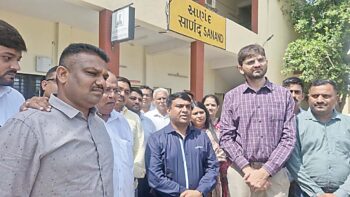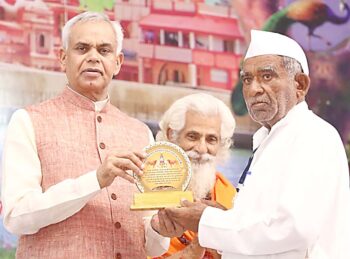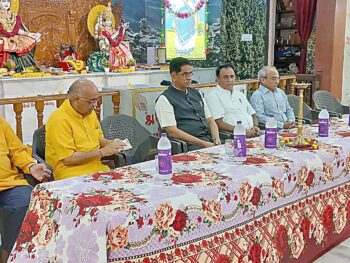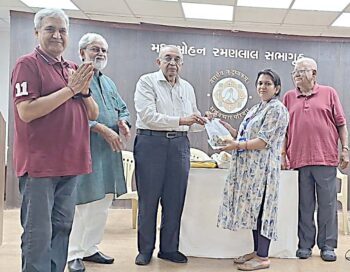Modular “Plug-and-Play” Homes Offer Solution For India’s Urban Housing Crisis
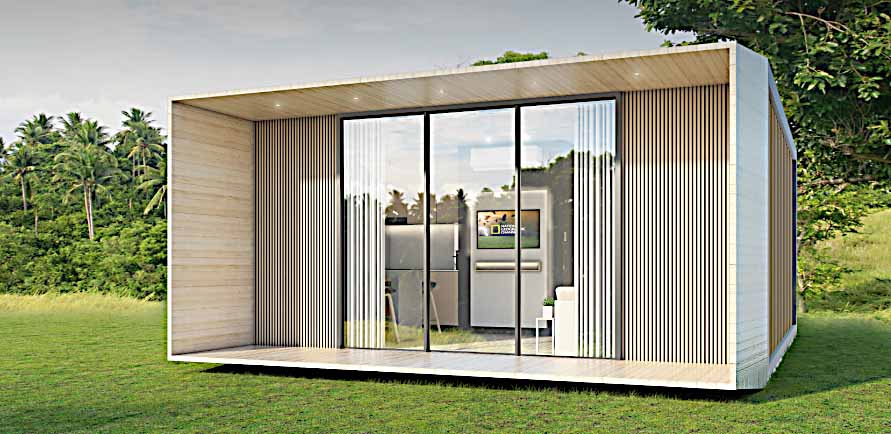
Presentation Image
Kunal conducted extensive research while working with Debora Mesa, the Principal of Ensamble Studio – an internationally recognized architecture firm based in Madrid and Boston
Mumbai, As India’s cities grapple with relentless population growth and shrinking affordable housing stock, one innovative research project developed by a Georgia Tech alumnus may hold the key to a scalable solution.
Kunal, who graduated in 2021 with a Masters in Architectural Design and Technology, is a registered architect in India and has since worked on high-profile projects like the White & Case office in New York City and the JPMorgan Chase headquarters building – but his most transformative idea may be his “Plug and Play” modular housing concept.
Kunal conducted extensive research while working with Debora Mesa, the Principal of Ensamble Studio – an internationally recognized architecture firm based in Madrid and Boston whose innovative work has been featured in Netflix’s “The World’s Most Extraordinary Homes,” into affordable housing models, zoning regulations, and demographic shifts – not just in the U.S., but with a global lens. This comprehensive study culminated in a project called “Plug and Play.”

“We called it ‘Plug and Play’ because the core idea is to create a flexible, adaptable framework that the designer can plug into any site and then play with the possibilities, reacting to the unique urban fabric,” explains Kunal. “The specific application may look different, but the foundational approach can certainly translate to the Indian context.”
Kunal’s computational design process, which leveraged parametric modeling software like Grasshopper and Rhino, allowed him to rapidly generate and test diverse housing configurations. These digital tools enabled him to incorporate a range of contextual variables – from site topography to cultural preferences – into the final modular system.
The result was a kit-of-parts approach where individual components could be mixed, matched, and rearranged to create unique floor plans and community layouts. Kunal demonstrated this adaptability through dynamic 3D animations, revealing how a given module could transform from a shared amenity space to educational facilities based on the needs of the local population.
Many noted the system’s potential to provide quality affordable housing and foster greater community engagement and sustainable urban development – a critical need for India’s burgeoning cities. Sakshi Nanda, an urban planner at ZGF architects, praised Kunal’s ability to “translate technical complexity into an accessible, almost gaming-like experience” through his visualizations.
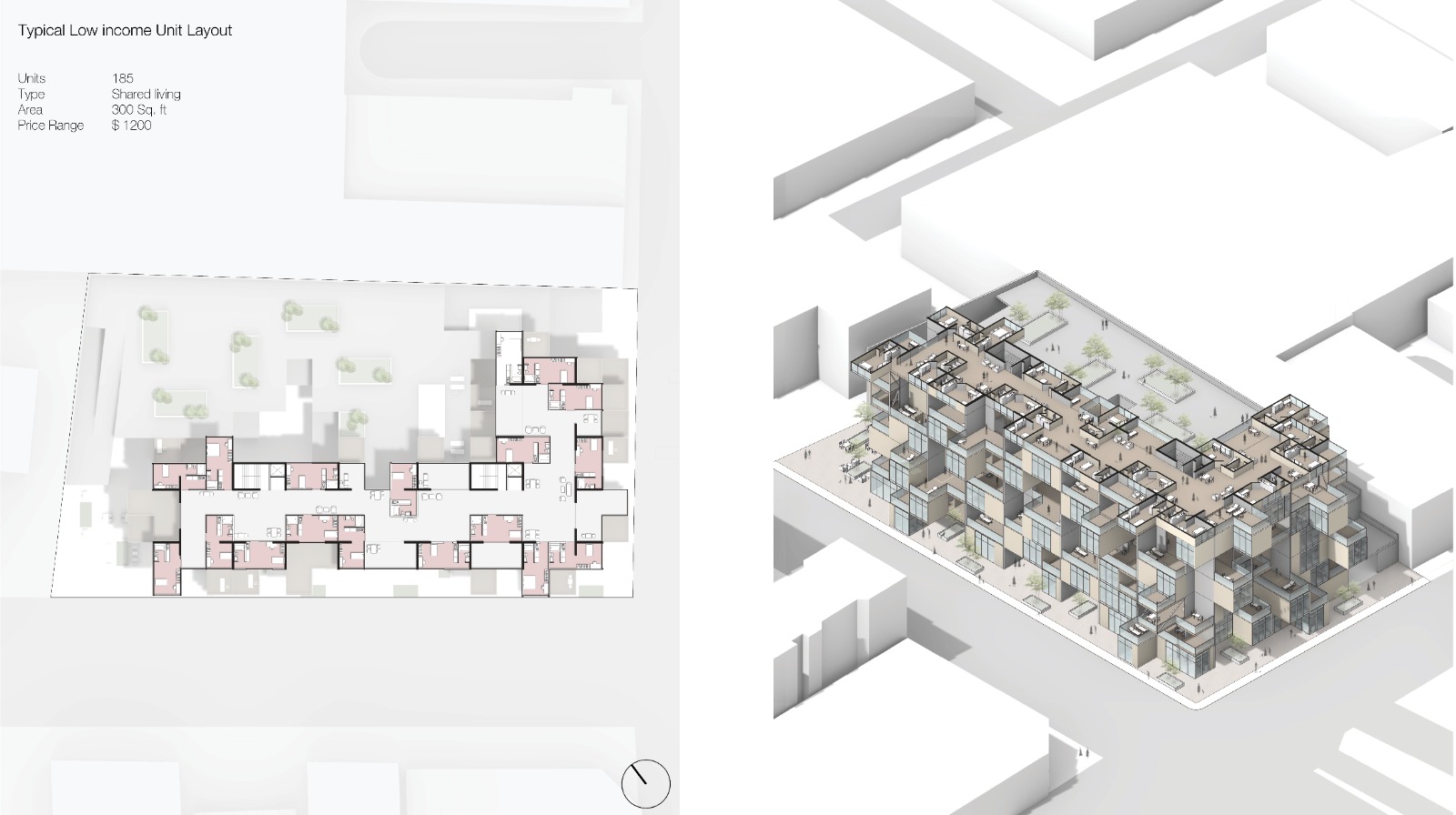
Indeed, Kunal’s final jury presentation, which included participation from real estate developers, government officials, and community representatives, was met with widespread acclaim for its innovative approach. As India continues to grapple with its affordable housing crisis, solutions like “Plug and Play” offer a promising way forward, empowering both designers and residents to shape their living environments.
With his experience on prestigious architectural projects and a proven track record of technological innovation, Kunal’s modular housing concept may well redefine what’s possible in the realm of affordable housing – not just in the U.S., but across the Global South.

